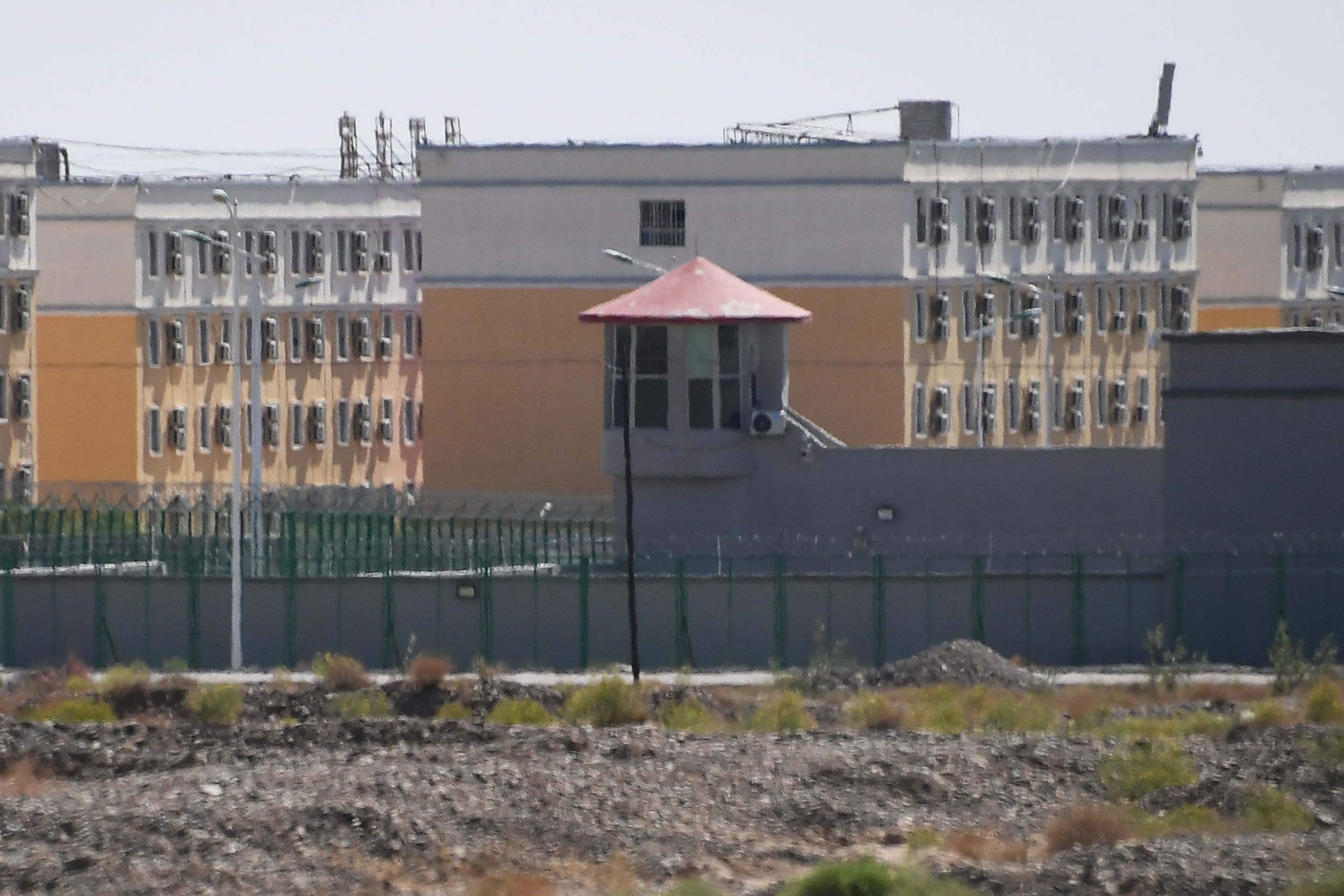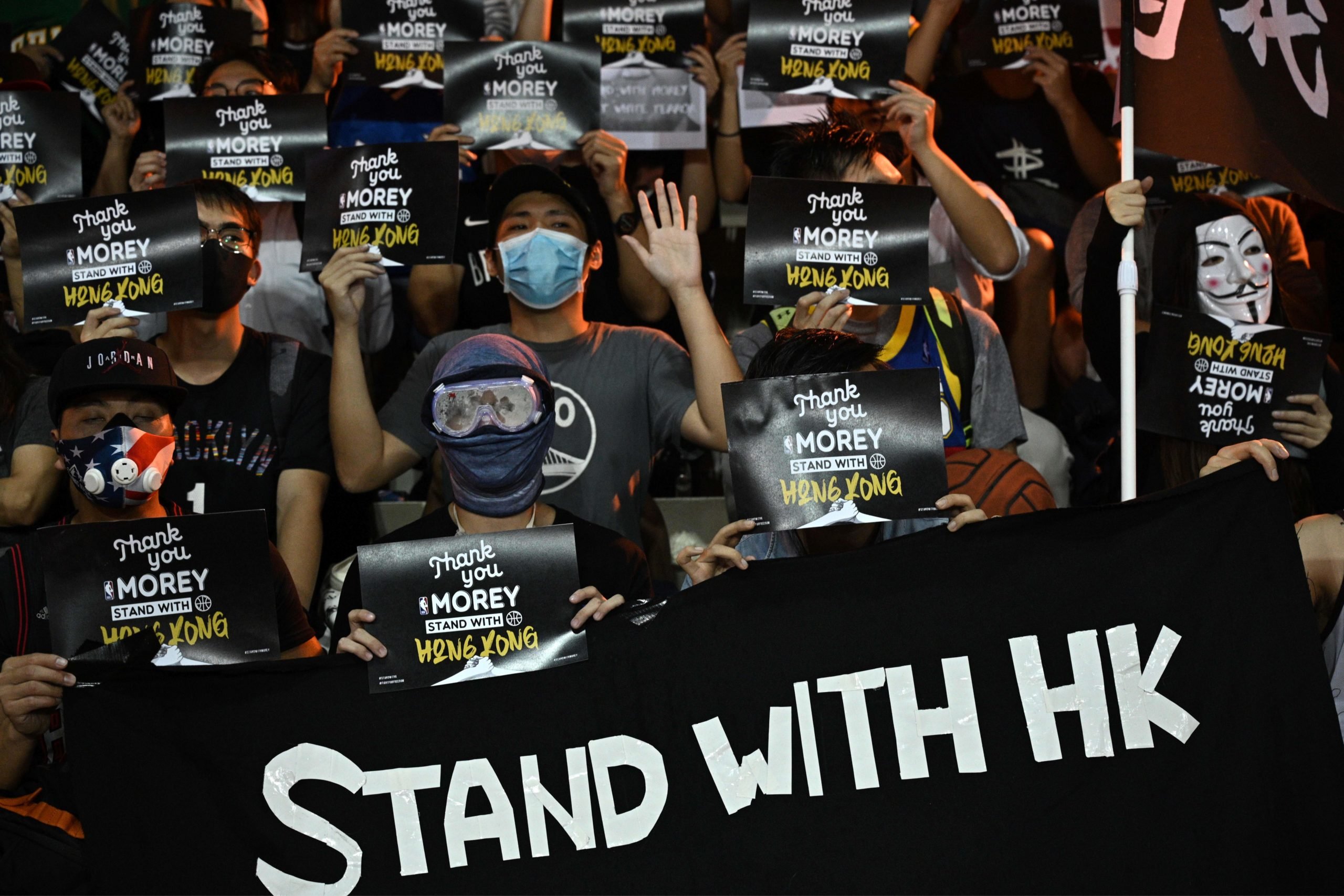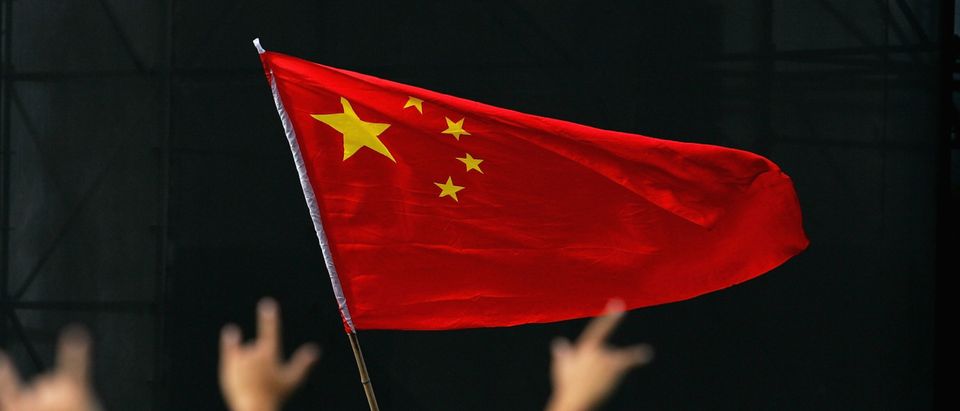China has a long history of human rights abuses, from dictating how many children their citizens can have, to mass surveillance, censorship, and mass imprisonment of religious groups.
In late 2016, China began imprisoning Uighur Muslims in mass detention centers in the Xinjiang region. Since then, China has gradually expanded those camps, and it is estimated that there are currently over 1 million Uighurs imprisoned there. A Buzzfeed News investigation revealed that the Chinese government began by using old schools and buildings as prisons and gradually expanded their prison capacity by building more permanent structures. They also built more factories, suggesting the expansion of forced labor.
Buzzfeed identified 268 newly constructed compounds, many of which contain several detention facilities. The government claims that these facilities are used to fight terrorism, but Buzzfeed reported that most of the detainees were not extremists of any sort – in fact, no detainees had even been charged with a crime. (RELATED: US Joins Nearly 40 Countries To Criticize China For ’21st Century Holocaust’)

This photo taken on June 2, 2019 shows buildings at the Artux City Vocational Skills Education Training Service Center, believed to be a re-education camp where mostly Muslim ethnic minorities are detained, north of Kashgar in China’s northwestern Xinjiang region. – As many as one million ethnic Uighurs and other mostly Muslim minorities are believed to be held in a network of internment camps in Xinjiang, but China has not given any figures and describes the facilities as ‘vocational education centres’ aimed at steering people away from extremism. (Photo by Greg Baker/AFP via Getty Images)
Muslims have been sent to detention centers for downloading WhatsApp, praying, maintaining ties with their families abroad, or visiting foreign websites, according to the report which cites interviews with former detainees and leaked documents. Once there, detainees are subject to a wide range of abuses including forced sterilization, torture, overcrowding, and solitary confinement. A bipartisan group of senators introduced a bill in October seeking to declare the situation in Xinjiang a genocide.
An internal document obtained by the Washington Post revealed the Huawei, a Chinese tech giant, had worked with facial recognition software startup Megvii to create a system that could recognize members of the Muslim minority and trigger a “Uighur alarm.” The technology was designed to estimate the race, sex, and ethnicity of each person in a crowd – and the addition of a “Uighur alarm” could alert authorities whenever a Uighur was seen in public.
China engages in mass censorship, disinformation, and propaganda in order to maintain control of its population. A report from the American Enterprise Institute detailed how the Chinese Communist Party (CCP) has organizations that exist to push CCP propaganda, control what information is published, and punish those who post content seen as unfavorable to the CCP. (RELATED: Beijing-Controlled News Outlet Paid US Newspapers Millions To Publish Propaganda This Year)
In 2016, CCP General Secretary Xi Jinping announced that “all the work by the party’s media must reflect the party’s will, safeguard the party’s authority, and safeguard the party’s unity,” according to the report. Any criticisms of the Chinese government are portrayed by the media as being “anti-China” or “racist” towards all Chinese people.
Journalists have been monitored and punished for publishing content unfavorable to the CCP. Three Wall Street Journal reporters were kicked out of China after the paper published an op-ed critical of China’s system of government, and China blocked access to the New York Times website after they published a 2012 article about party official Wen Jiabao’s family wealth.
China has used its power to influence pop culture and curtail free speech in other countries. In order for a film to be approved in China, for example, filmmakers and producers must coordinate with the CCP, AEI reported. Hollywood films that portray any Chinese character in a negative light are not approved for screening in China, meaning filmmakers lose access to that market.
American corporations are also affected. After Houston Rockets General Manager Daryl Morey posted a tweet in support of Hong Kong, China swiftly banned Rockets games from being broadcast and pulled sponsorships. With their access to the billion dollar Chinese market at stake, the NBA released a statement in Mandarin condemning Morey for his tweet.

Protesters shout slogans as they hold flyers at the Southorn Playground in Hong Kong on October 15, 2019, during a rally in support of NBA basketball Rockets general manager Daryl Morey and against comments made by Lakers superstar LeBron James. – US basketball superstar LeBron James on October 14, 2019, has sharply criticized a Houston Rockets executive for angering China with a tweet supporting protesters in Hong Kong, saying the executive was “misinformed” and should have kept his mouth shut. (Photo by Anthony Wallace/AFP via Getty Images)
In 2015, China announced an end to its policy that prohibited families from having more than one child. The one-child policy was enforced through forced abortions, steep fines, and restricted access to public services like education for anyone who violated the policy, according to Human Rights Watch. Women were often pressured to insert intrauterine devices in order to prevent pregnancy. Because families traditionally preferred to have sons, many families had sex-selective abortions, creating a gender imbalance that left many single men unable to find wives and start families, Bloomberg reported.
Despite the documentation of horrific human rights abuses, the United States continues to be heavily dependent on China for everything from pharmaceuticals to iPhones. It is estimated that 90% of antibiotics and 70% of acetaminophen comes from China, and studies have shown that China supplies up to 80% of the basic ingredients in drugs come, according to AEI. In 2019, 18% of U.S. imports came from China.
The coronavirus pandemic, coupled with increased awareness about the mass detainments in Xinjiang, has resulted in many politicians questioning the relationship between China and the United States. President Donald Trump has emphasized his “tough on China” policies, and President-elect Joe Biden has promised to be tough on China too, despite a record that says otherwise. Still, the U.S. continues to rely on China for drugs, tech and everyday goods – and it’s unclear when and how that will change.












